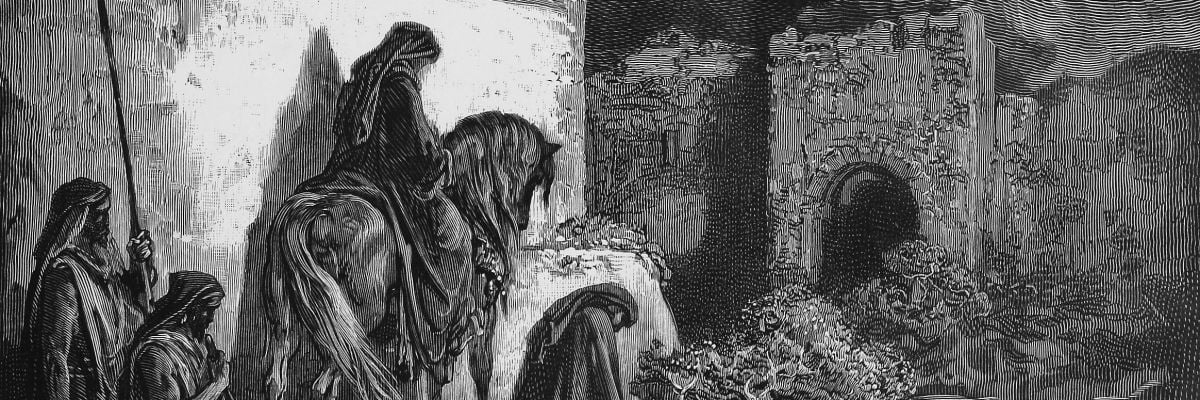
Question:
Answer:
It depends on what you mean by persecute. There is no doubt that in the high Middle Ages until the eighteenth century, Church authorities, both local and in Rome, backed the segregation and limitation of action of the Jewish population of the cities. This was a legal situation that came out of the legislation of the Roman Empire, even before Christianity, so aspects of it were not directly related to the Christian but rather to the Roman character of political life in Europe.
Like most people, the ancient Christians tended to conform to the legal system to which they were accustomed unless it required them directly to deny their Faith. One can see in the Acts of the Apostles and the epistles of the New Testament how mild is the attitude of the first Christian writers to the Roman system, even as it was poised to persecute them. The Jews, however, were eager in the beginning to present the Christians to the Roman civil authorities as outlaw followers of a superstition, and so the first large persecutions of the Christians in certain local areas were instigated by the Jewish authorities. St. Paul is a clear example before his conversion, and if you read the acts of the martyrdom of St. Polycarp, the disciple of St. John the beloved disciple, you can see how things went in those days.
Even so, it is very true that all rash judgment that leads to injustice solely on the basis of ethnic stereotypes is immoral because it is against the highest law of our religion, which is charity. History is sometimes a dismal affair!



